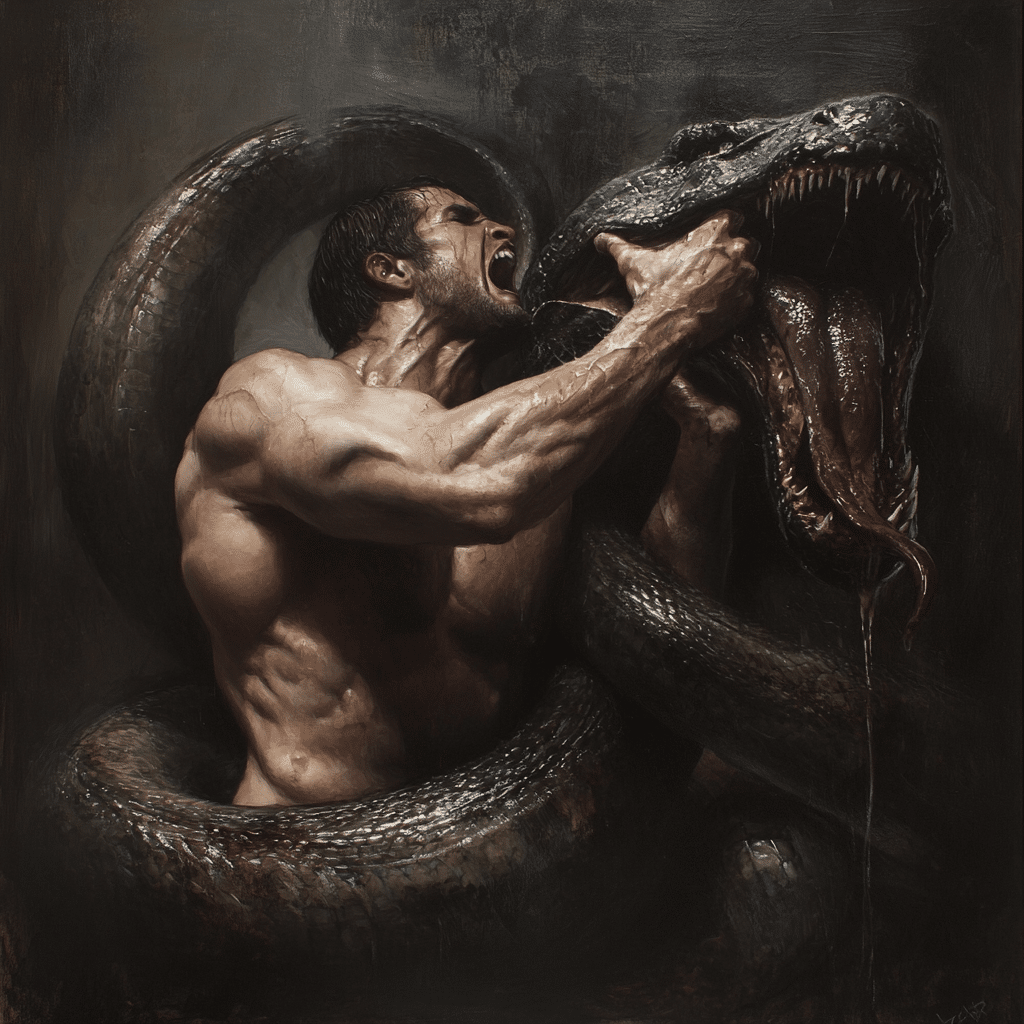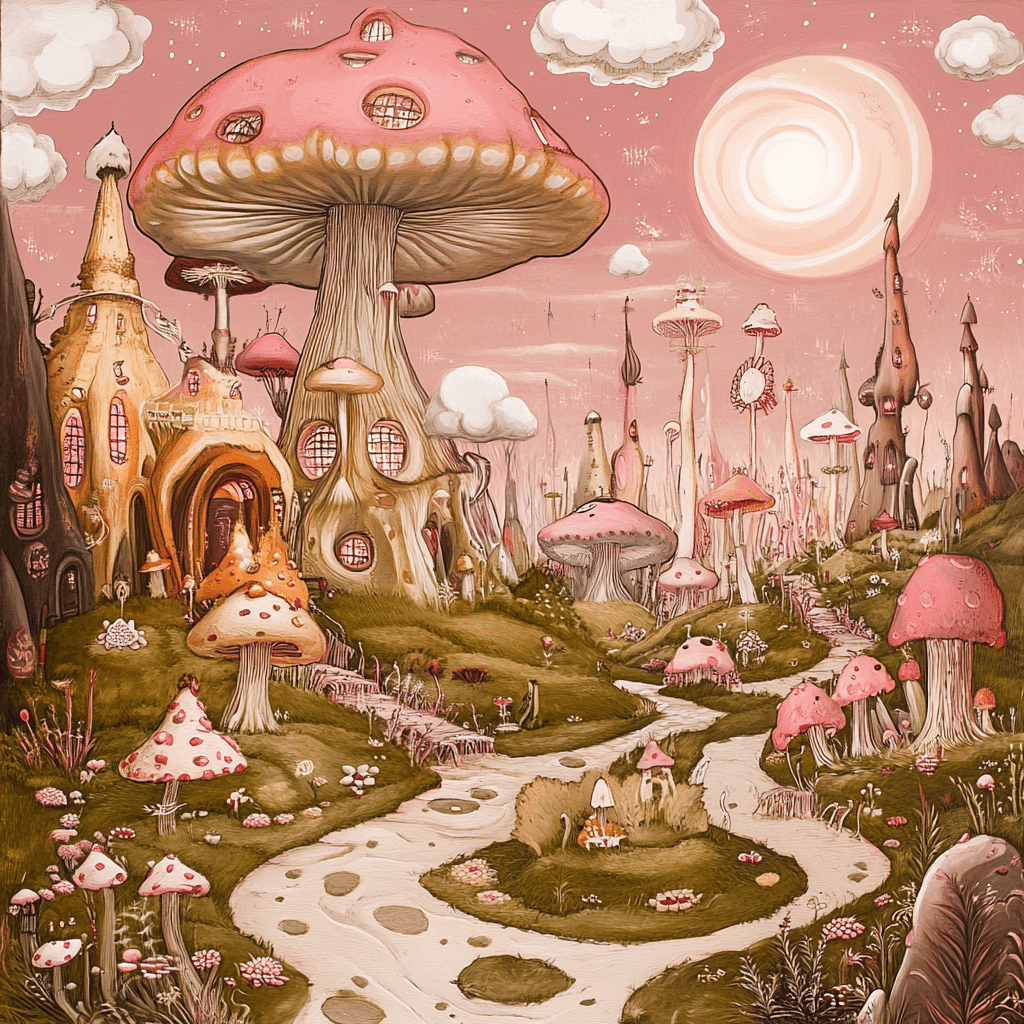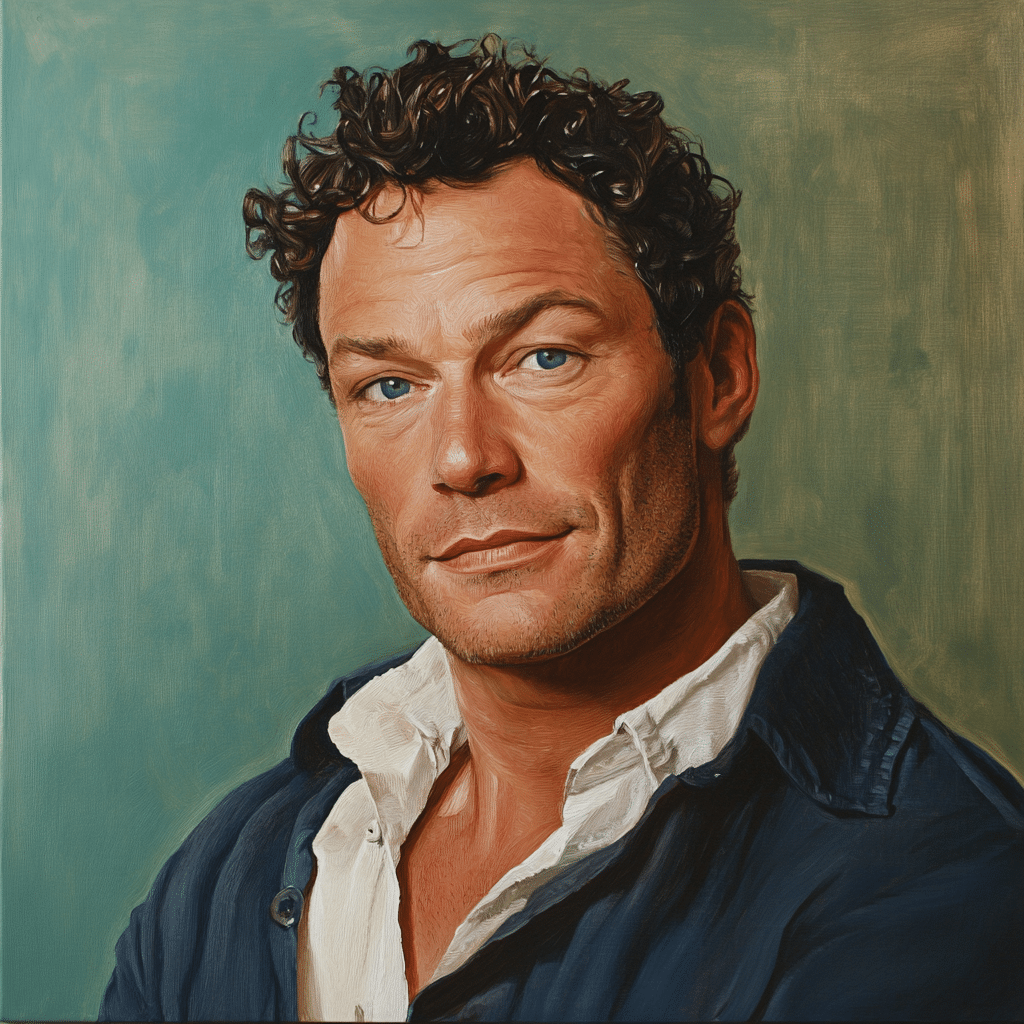In 1996, Primal Fear burst onto the big screen, transforming courtroom dramas forever. Based on William Diehl’s novel, this gripping legal thriller delves deep into the interplay between innocence and guilt, weaving themes of manipulation and moral ambiguity into a taut narrative that left audiences questioning the nature of truth. Nearly three decades later, the film still captivates viewers and inspires discussions about its nuanced portrayal of characters and the legal system.
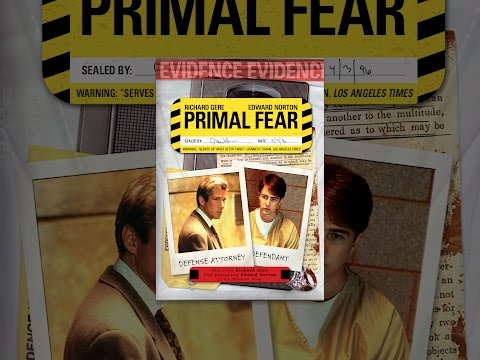
7 Ways Primal Fear Exemplifies a Timeless Legal Thriller
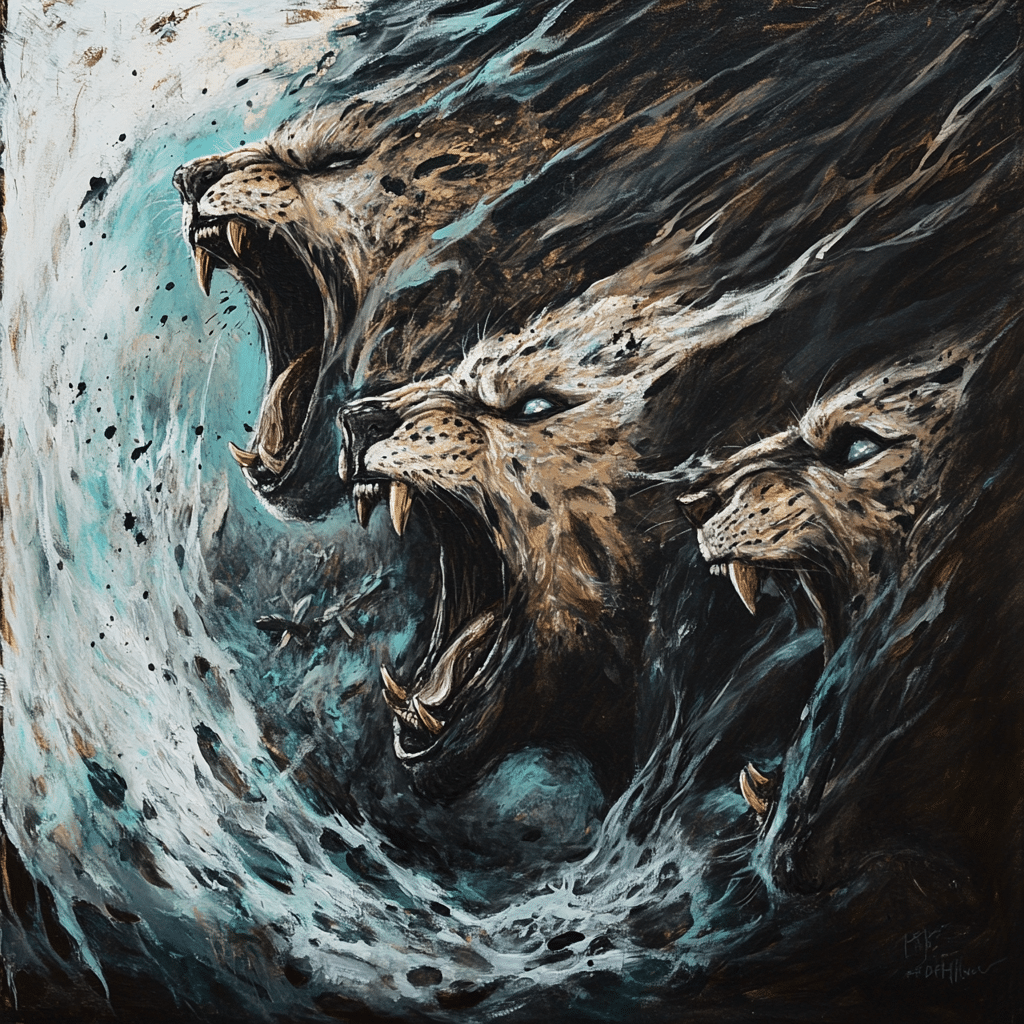
1. Complex Characters – No One is Who They Seem
Richard Gere’s portrayal of attorney Martin Vail stands as a prime example of a morally ambiguous protagonist. Initially portrayed as a lawyer who thrives on media attention, his character evolves in unexpected ways as he defends Aaron Stampler, played by Edward Norton. Norton’s haunting performance captures the fragility of a motherless boy caught in a harrowing predicament, presenting themes of vulnerability and manipulation and showing that appearances can often be deceiving.
The cat-and-mouse dynamic between Vail and Stampler keeps you on the edge of your seat. Vail seems to enter with good intentions, wanting to save his client, but quickly finds himself entangled in a web of lies. Audiences can’t help but become emotionally invested, as these characters challenge our understanding of guilt and innocence in their uncertain world.

2. Unpredictable Plot Twists – Keeping Audiences Guessing
Primal Fear excels at subverting viewer expectations with shocking twists. The monumental revelation surrounding Stampler’s mental state turns the narrative on its head, directly challenging Vail’s legal strategy and inviting viewers to reconsider their allegiances. This unpredictable plotting forces audiences to confront their assumptions about right and wrong, ensuring a gripping experience that still rings true in today’s legal thrillers.
Remember the moment when we finally realize the depth of Stampler’s psyche? It hits harder than a surprise party gone wrong. Keeping us guessing until the very end, the film hangs its hat on an unexpected conclusion that has people rehashing theories long after the credits roll.
3. Legal Realism – Authenticity in Courtroom Drama
One of the standout qualities of Primal Fear is its commitment to legal realism. The film doesn’t get caught up in the sensationalism that often plagues courtroom dramas; instead, it opts for a grounded approach that resonates with audiences. Expert consultants helped ensure that courtroom strategies, the role of expert witnesses, and cross-examinations accurately reflect real-life tactics.
This unwavering commitment to authenticity raises the stakes. As a result, viewers find themselves swept into the intricate dance of justice being served or denied. The attention to detail makes every “objection!” and “sustained!” feel meaningful, even for those not well-versed in the legal world.
4. Themes of Deception and Manipulation
Deception looms large throughout Primal Fear, exploring manipulation both within the legal sphere and in personal relationships. Vail’s initial confidence falters as he grapples with the ethical implications of his defense strategy. The intricate dynamic between Vail and Stampler serves as a masterclass in psychological manipulation, prompting audiences to consider who, in fact, is really pulling the strings.
It’s a bit like being in a twisted game of chess where the pawns have minds of their own. This theme reflects modern discussions around morality, ethics, and the darker aspects of human nature, making it ever-relevant in today’s media landscape.
5. Stellar Performances – The Art of Acting
It’s hard to talk about Primal Fear without shining a spotlight on the stellar performances that elevate its narrative. Edward Norton, in his breakout role, truly captures the fragility and depth of a troubled youth, ultimately earning an Academy Award nomination. Richard Gere complements this with a compelling portrayal, creating a push-and-pull dynamic that reinforces the film’s central conflict.
The artistic chemistry between these two leads ensures that every scene is charged with tension. Their performances remind us that great acting can draw us deeper into a story, keeping us glued to our seats and invested in the outcome.
6. Cultural Impact – Shaping the Genre
Primal Fear isn’t just another movie; it’s a reference point for all the legal thrillers that followed. Its fusion of psychological drama and courtroom tension laid the foundation for classics like A Few Good Men and The Lincoln Lawyer. The film’s engaging exploration of moral ambiguity continues to resonate, reminding contemporary audiences of the complexities surrounding justice and ethics.
You might find Primal Fear mentioned in the same breath as films like Basic instinct, where psychological elements take center stage. Its footprint is evident, influencing everything from plotlines to character development in modern cinematic storytelling.
7. Timeless Relevance – New Perspectives in 2024
Though rooted in the ’90s, the dilemmas presented in Primal Fear are exceedingly relevant today. Discussions around the portrayal of mental illness, media sensationalism, and the struggles of marginalized individuals are more profound than ever. As we reflect on this classic film in 2024, it prompts us to reevaluate how we perceive justice and human behavior within our current socio-political landscape.
Divulging into the film enables viewers to explore themes that are particularly pertinent today. If you haven’t revisited Primal Fear, diving back into it can feel like uncovering a hidden gem that still speaks volumes.
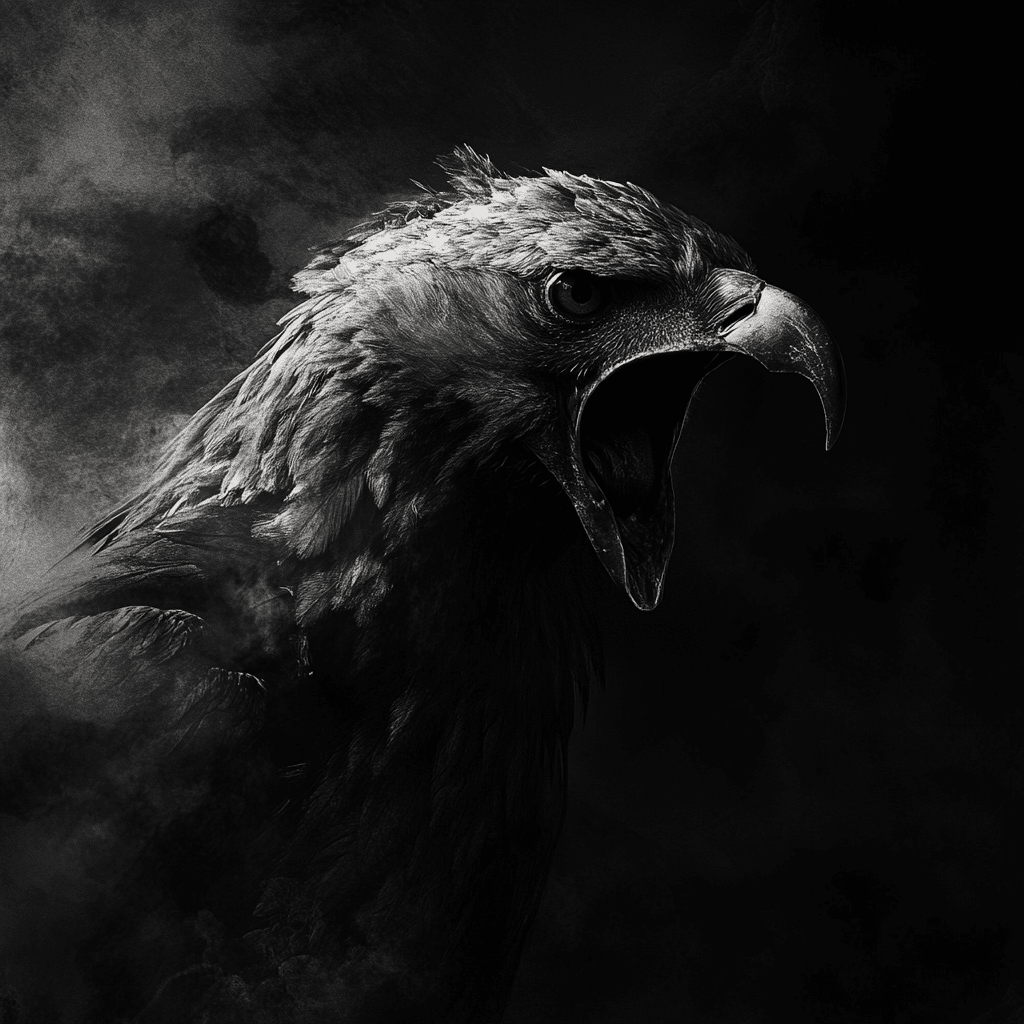
Unveiling the Layers: A Deep Dive into Primal Fear’s Lasting Legacy
Primal Fear presents an insightful look into character complexity and societal reflections, crafting a narrative that challenges our notions of guilt, innocence, and morality. Its engaging storytelling and thought-provoking ethical questions continue to resonate, encouraging audiences to engage in dialogues around justice. In the fast-paced world of ever-evolving cinematic storytelling, Primal Fear serves not just as entertainment, but as an artistic catalyst that stimulates thought and discussion. This showcases the enduring power of storytelling within film.
In a landscape where legal dramas often chase high-stakes excitement, Primal Fear sets itself apart. It compels audiences to confront uncomfortable truths, ensuring the film’s legacy as a gripping legal thriller remains intact. Whether you’re revisiting the film for the umpteenth time or seeing it for the first time, it’s a tale that grips your heart and mind, making it a touchstone for both cinephiles and scholars alike.
So, grab some popcorn and settle in! Primal Fear isn’t just a blast from the past; it’s a timeless classic that continues to stir the pot of conversation about justice, ethics, and the human condition.

Primal Fear: Fun Trivia and Interesting Facts
Secrets Behind the Scenes
“Primal Fear” captivated audiences not just with its riveting plot but also with its powerhouse performances. Did you know Richard Gere, who plays the ambitious attorney Martin Vail, was drawn to the script due to its complex portrayal of morality? It’s fascinating how this legal thriller reflects themes of justice and truth, much like the deeper discussions around mental health found in popular shows today, including “AHS: Delicate.” Gere’s commitment to the role highlights the intrinsic human struggle, further emphasized by the psychological themes akin to those explored in works like Kindred.
A Tantalizing Twist
The film is also notable for its unexpected twists and turns, notably Edward Norton’s jaw-dropping debut as Aaron Stampler. Norton’s performance left people pondering the question of sanity versus guilt, a discussion that reminds us of the notion of anhedonia in psychology—when folks lose interest in things once enjoyed. Funny enough, this topic is gaining traction in current conversations, especially as audiences delve into the nuances of character development in films and media. Speaking of intriguing narratives, you might want to check out the latest on Goldberg, which has also sparked conversations surrounding moral dilemmas.
Beyond the Film
Finally, the lasting impact of “Primal Fear” can be seen in pop culture and the entertainment landscape. Many fans still buzz about the film’s gripping courtroom drama. The cinematic experience reveals layers of psychological suspense, which can be sensed in thrilling games like the Jujutsu Kaisen game, where strategic maneuvering is key. Interestingly, the film also paved the way for actors, including Norton, who later went on to tackle roles that explore psychological depth, much like the artistry in Rosary Thursday. Speaking of artists who delve into deep roles, keep your eye on Kennedy Owen as she brings fresh perspectives to the screen.
In sum, “Primal Fear” isn’t just a film; it’s a cultural touchstone that continues to resonate with fans and artists alike. The multi-dimensional story captures the essence of human conflict, drawing viewers into a dialogue that reaches far beyond the screen.
